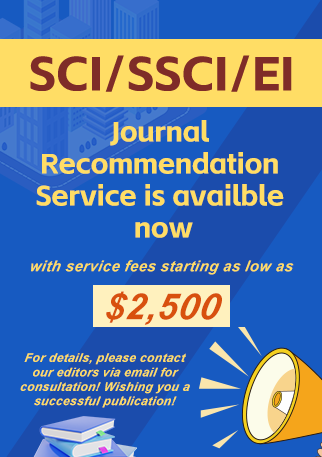
Proceedings & Journals

About Madison Academic Press
Overview
As a publisher, Madison Academic Press (MAP) disseminates fully peer-reviewed and Committee on Publication Ethics (COPE) compliant open access Journals that are published online.
All Content is Open Access and Free for Readers
Journals published by MAP are fully open access; research articles, reviews or any other content on this platform are available to everyone free-of-charge. To be able to provide open access journals, we finance publication through article processing charges (APC) (The APC of each journal is given on journal webpages); these are usually covered by the authors' institutes or research funding bodies. Read more about our Open Access Policy.
APC
MAP publishes all its journals full open access. There are not any funding and financial sponsorships. an APC therefore covers the costs of peer review management, copyediting and production services, data conversion, and dissemination of published content, in addition to other publishing functions. There are no charges for declined articles. Some items (Editorials, Corrections, Addendums, Retractions, Comments, etc.) are published free of charge. Please check the Article Process Charge page of each journal for specific APCs.
License
MAP publishes articles under a Creative Commons Attribution (CC BY) License. MAP is committed to open access publishing as a means to foster the exchange of research among scientists, especially across disciplines.
Archiving
All journals published by MAP are archived in Portico, which provides permanent digital archiving for scholarly journals.
Publication Ethics Statement
MAP takes the responsibility to enforce a rigorous peer-review together with strict ethical policies and standards to ensure adding the highest quality scientific works to the field of scholarly publication. MAP takes such publishing ethics issues very seriously on every level. Our staff are trained to identify and report any irregularities. Our editors proceed with a zero tolerance policy, to enforce COPE’s Core Practices and Guidelines and swiftly handle complex cases of plagiarism, data falsification, authorship credit, and the like.






